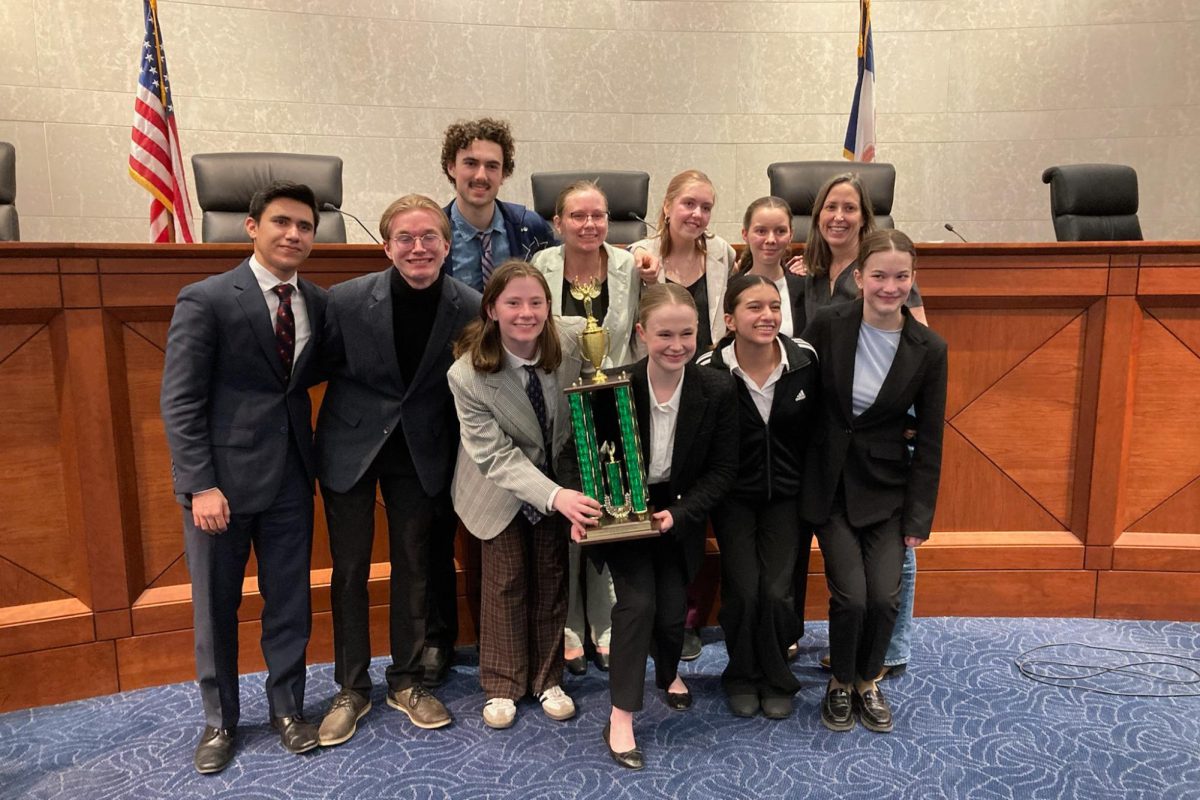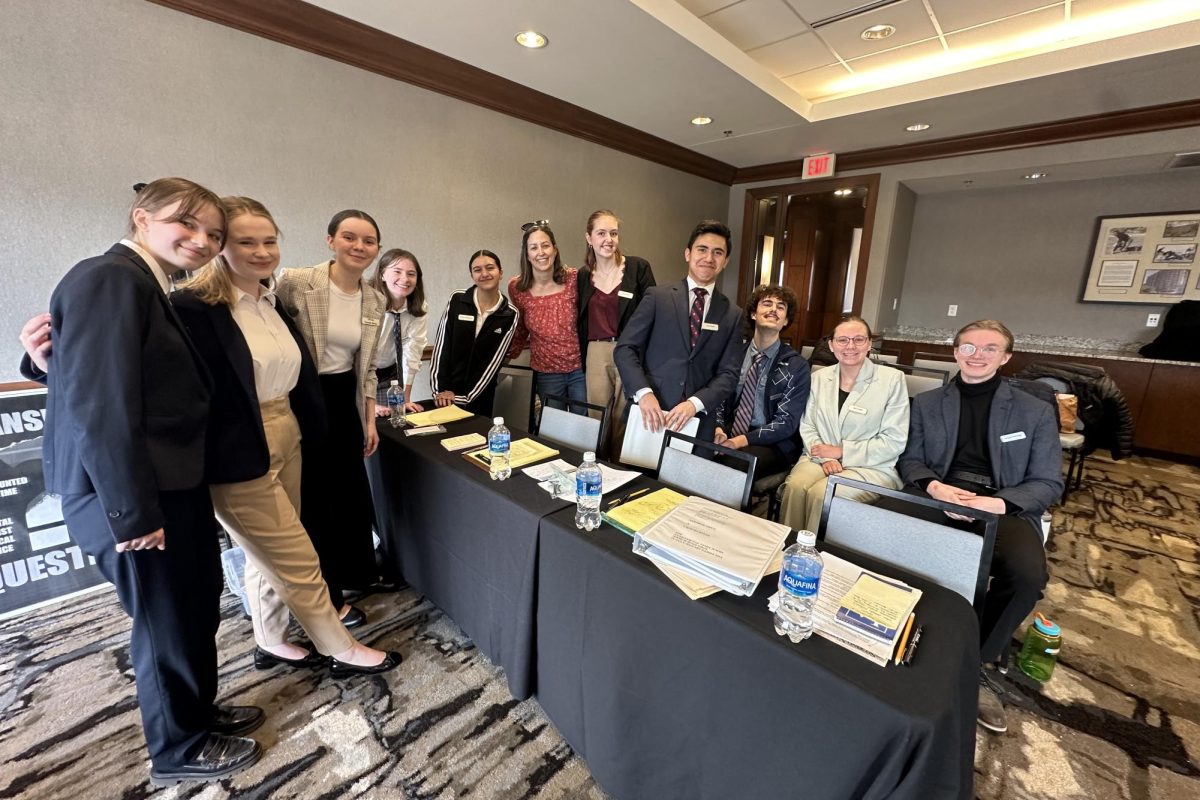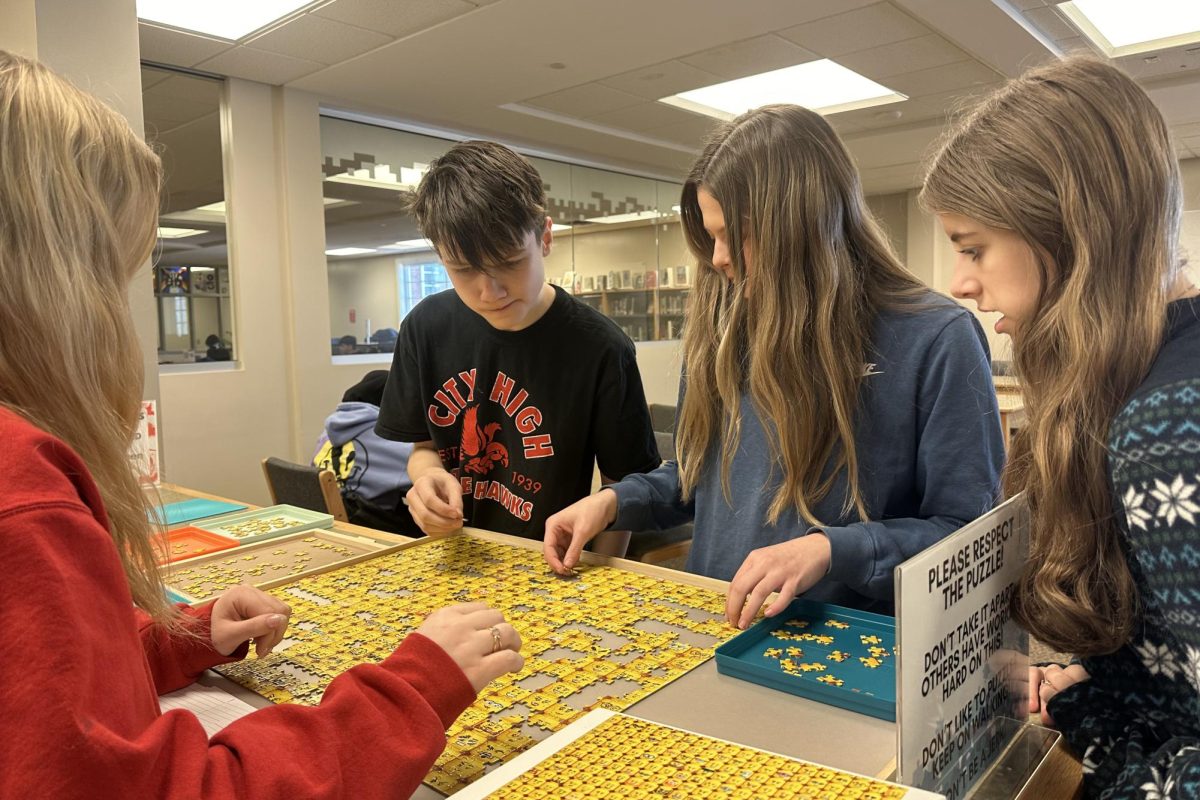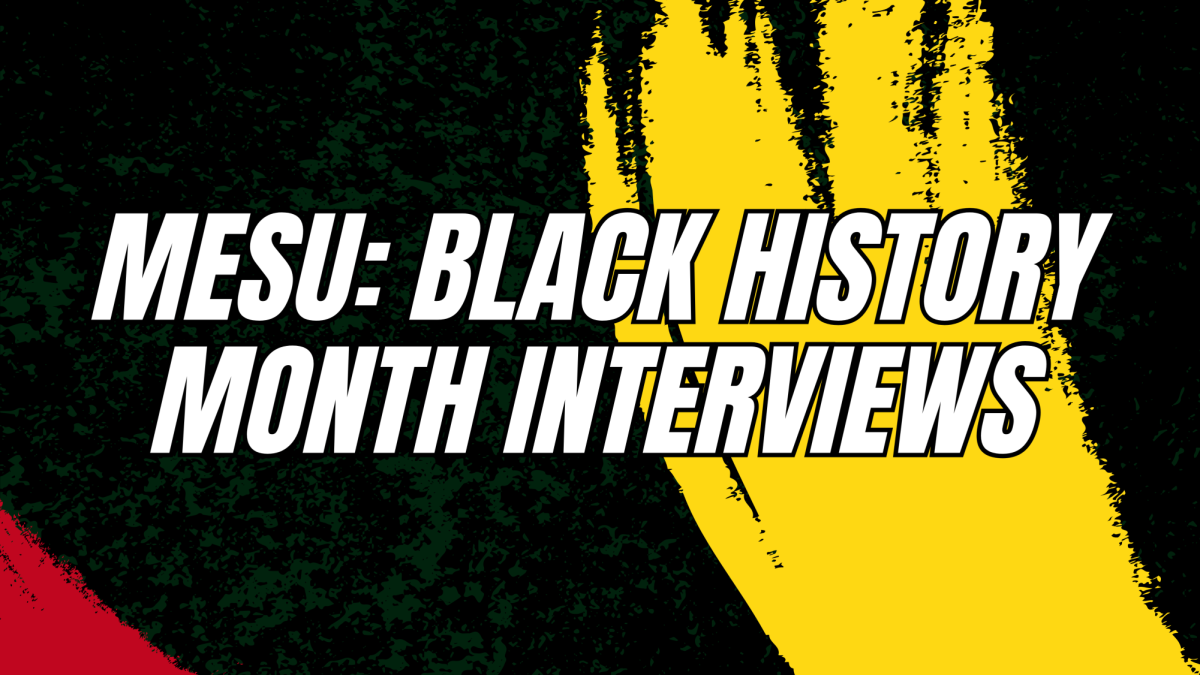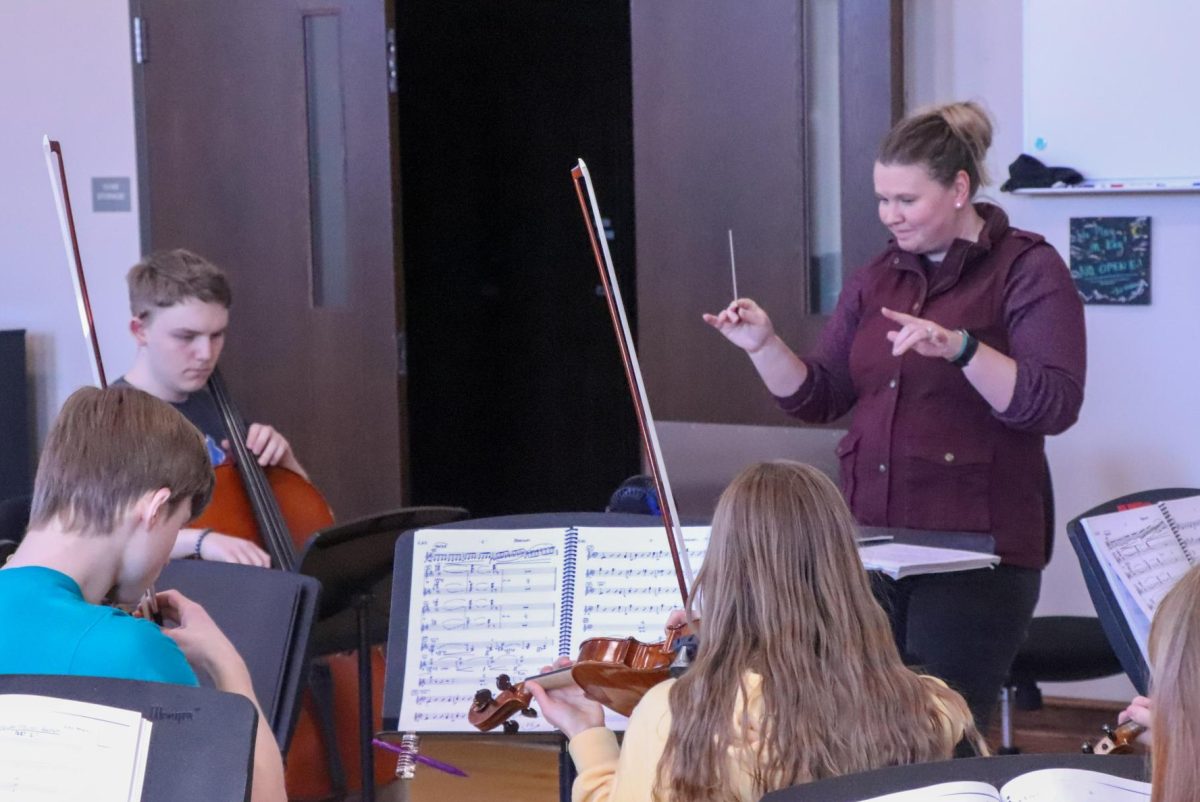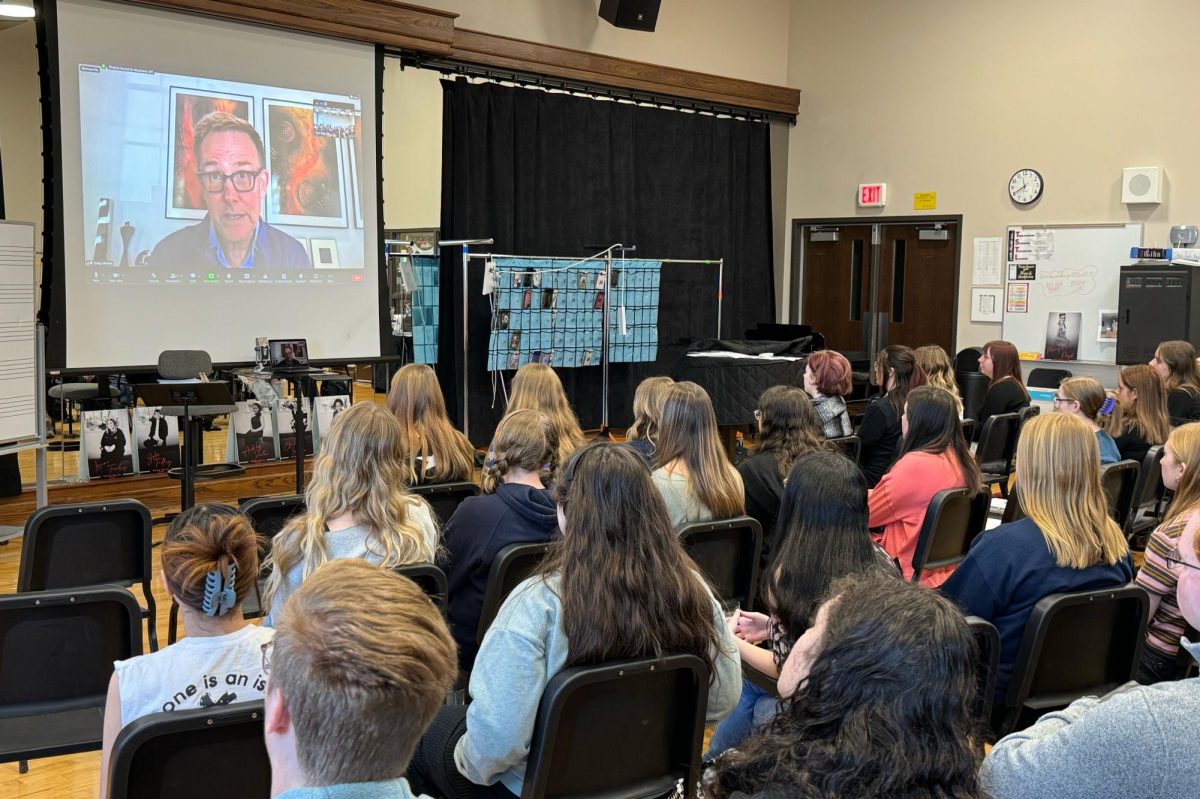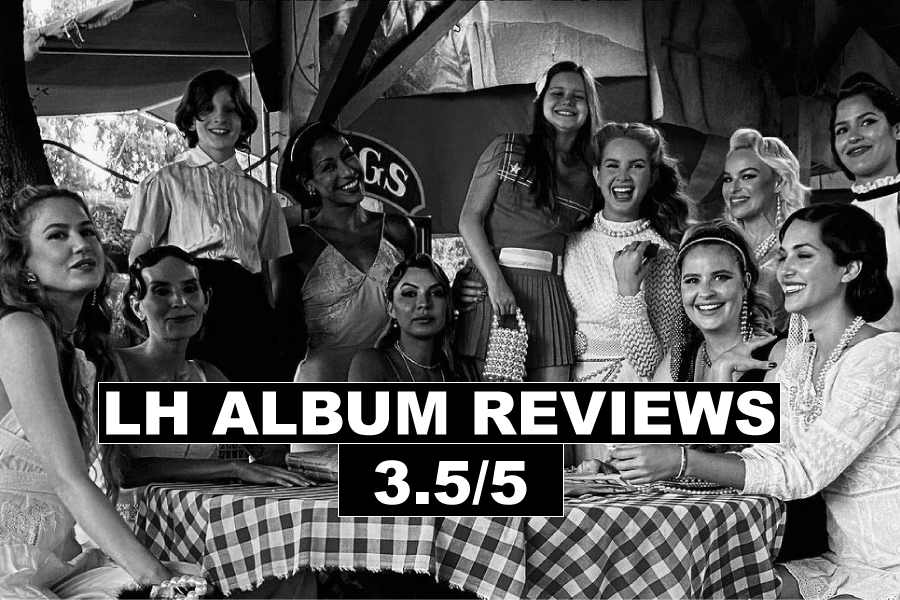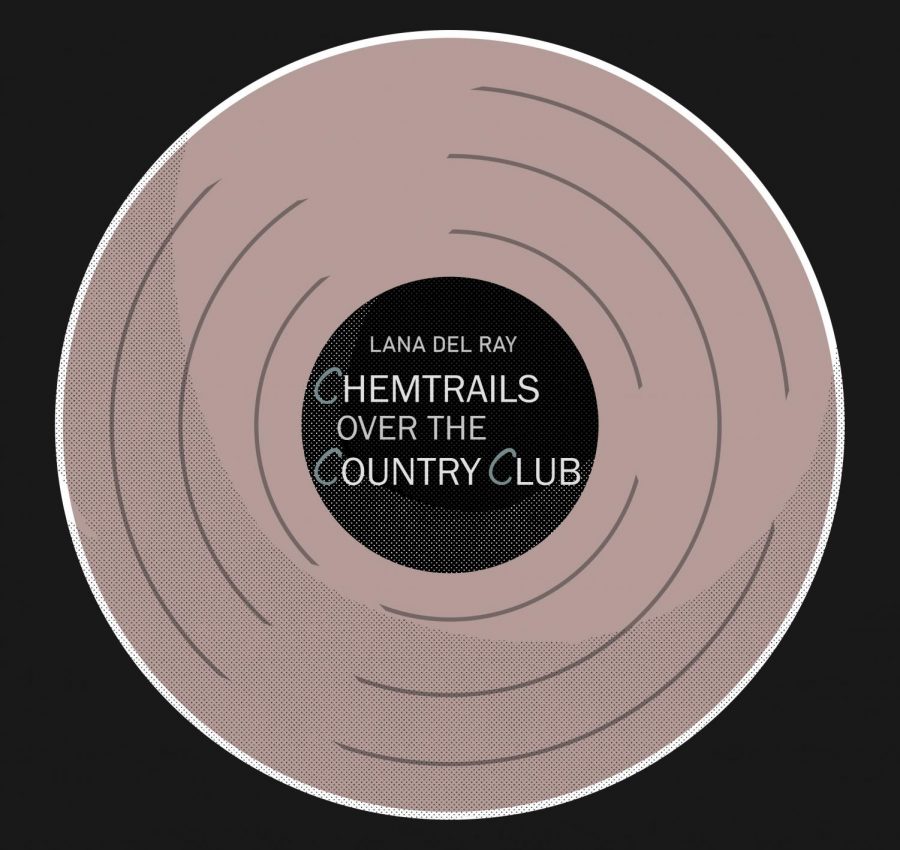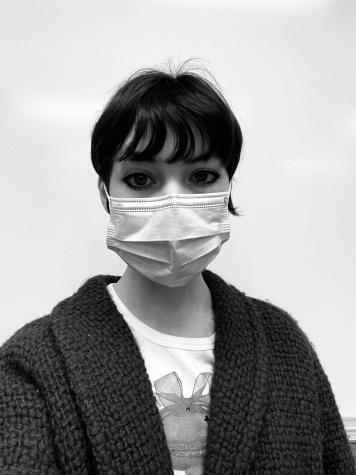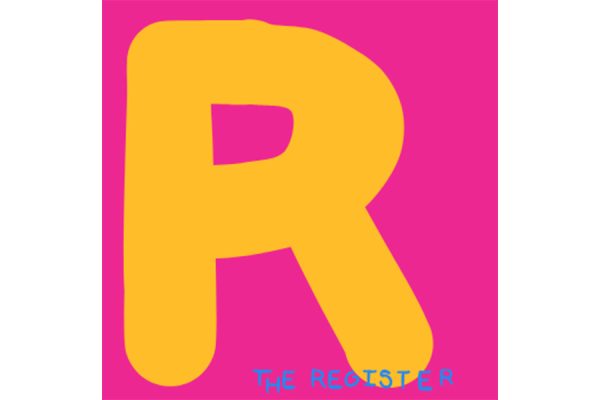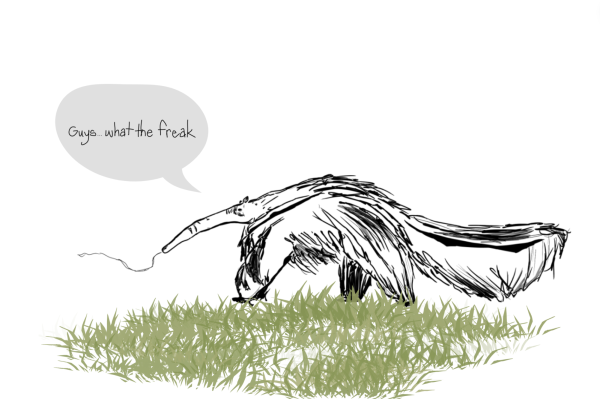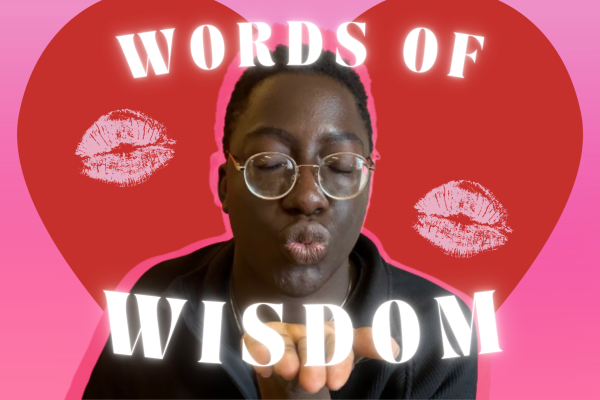Lana Del Rey Updates Her Sound
The alternative-pop artist changes her sound to keep up with today’s artists in her seventh studio album “Chemtrails Over The Country Club”
May 3, 2021
Lana Del Rey’s most recent album “Chemtrails Over The Country Club” was released on March 19. The record has multiple songs produced by Jack Antonoff, whom she has worked with previously. For example, Jack Antonoff is credited in the song “How to Disappear,” off of her 2019 album. As someone who is quite fond of the way Taylor Swift’s album “folklore” was mixed, I also love the way this album was mixed. It might just be the current style for mixing, but I hope artists stick with this subdued and unique sound.
Lana Del Rey’s real name is Elizabeth Grant, and she has gone by other stage names, closest to her own was Lizzy Grant, then followed by the hilarious name “Sparkle jump rope queen.” In Lana del Rey’s unreleased song “Put me in a movie” she nods to her old stage name at the end of the track. I am a fan of Lana’s unreleased music and demos from her album “Born to die”, so it took a couple of listens to become accustomed to this new album. I prefer how raw her demos and unreleased music are, and there are some tracks that resemble the sound that made me come to appreciate her music.
With 11 songs, the album has a playtime of just over 45 minutes. The record starts off with “White Dress,” which Lana stated was completely ad-libbed. This was one of my least favorite tracks, but I can see why fans like it. This album is a continuation of Lana’s sickly-sweet, old Hollywood nostalgia that makes her stand apart from other artists. This song’s subject matter is Lana being a waitress, and she has several other songs on this matter. For example, the unreleased song “Every Man Gets His Wish,” which contains the lyric that I think perfectly encapsulates Lana’s aesthetic: “We’re gonna party like it’s 1949.”
The following song, and the album’s namesake, “Chemtrails Over The Country club” is an easy-going, slightly sad, nostalgic love letter to small towns. This romanticization of small towns is a recurring theme throughout all of Lana’s work and is especially prevalent in this album.
One of the album’s strongest songs is the third track, “Tulsa Jesus Freak.” This song’s strong use of autotune is a statement for Lana and surprisingly works very well with this song. “Let Me Love You Like a Woman” and the consecutive song “Wild at Heart” blend perfectly with each other, and add to the experience of listening to the album from start to finish.
One of the highlights of this album is “Dark But Just a Game,” which was also produced by Jack Antonoff. This is an example of how this album combines Lana’s strengths with a new and updated sound which keeps her relevant. I see parallels between this song and Taylor Swift’s “Blank Space,” Both are commenting on fame and critiques made against them. While the songs are very different in their sound and approach to this subject, you can still see how these issues affect the artists.
The 9th track, “Breaking Up Slowly” is a kind of tribute to the old country star, Tammy Wynette. With multiple references to her personal life in the lyrics “George got arrested out on the lawn”, and references to her album “Your good girls gonna go bad” with similar lyrics. Lana’s lyrics “Don’t send me flowers like you always do” mirror Wynette’s 1967 song “Send Me No Roses.” Wynette caused controversy with her 1968 song “Stand By Your Man,” but released a song titled “D-I-V-O-R-C-E” in the same year. Lana’s recognition of Wynette in this song is great and acts as a showcase for an artist that greatly influenced her work. This also adds to her retro old-Hollywood style.
This album shows a lot of Lana’s strengths, but took a while to get used to. Jack Antonoff’s contributions to the album and the Weyes Blood feature add a lot to it, and make some of the included songs some of her best work.


